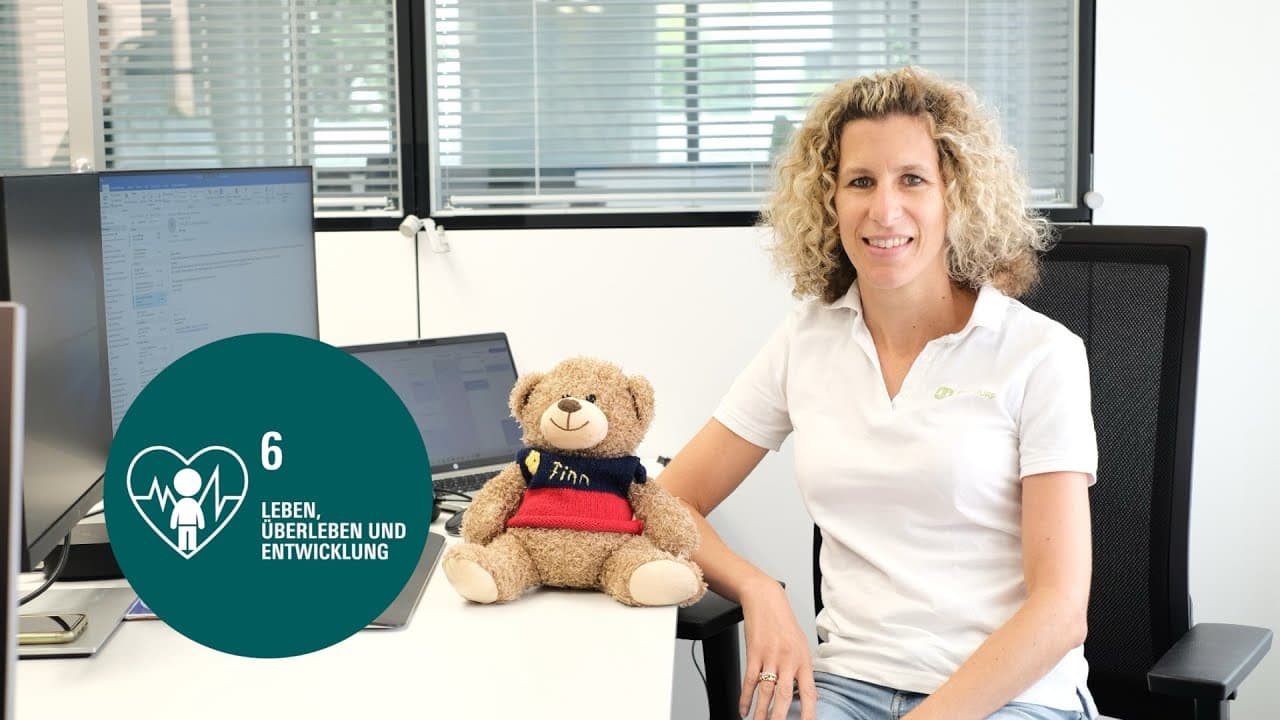

We give children and young people a voice
Children have rights, such as the right to a safe home, education and a voice.
SOS Children's Villages works in accordance with the UN Convention on the Rights of the Child and campaigns for children's rights worldwide. We are involved with the UN and with local campaigns to persuade governments to comply with child protection obligations and to sensitize the population to the protection of children in traumatic situations.
November 20 is International Children's Rights Day. On this day in 1989, the United Nations General Assembly adopted the Convention on the Rights of the Child. Numerous campaigns are held around the world on Children's Rights Day to raise awareness of the fact that every child has rights, regardless of where they live.
Liechtenstein adopted the UN Convention on the Rights of the Child in Parliament on 31 October 1995. It was ratified by the Reigning Prince on 22 December 1995. In 2025, Liechtenstein will celebrate the 30th anniversary of this important milestone.

Working for children's rights every day
Children's rights must not just be written on paper - they must be lived. For over 75 years, SOS Children's Villages has been working worldwide to ensure that children's rights are not only formulated, but also consistently put into practice.
Through our daily work in numerous projects, we know the realities, needs and interests of children, young people and their families. This knowledge flows directly into our programs so that children's rights are effective wherever they are needed.
Our two mascots, the teddy bear siblings Finn and Fina, are loving ambassadors of this mission. The cuddly toys, handmade in Liechtenstein, can be purchased here and given as gifts. Every bear sold supports children in need and helps to strengthen children's rights in the long term.

The rights of the child
Children's rights include rights to protection, support and participation. The 54 articles of the UN Convention on the Rights of the Child can be summarized as follows. Children have the right to:
Equality
health
education
Play and leisure
Freedom of expression and participation
Protection from violence
Access to media
Protection of privacy and dignity
Protection during war and flight
Special care and support for people with disabilities

Children's rights are violated worldwide
Despite ratification, children's rights continue to be disregarded in many countries. This leads to serious violations of children's rights such as high child mortality and exploitative child labour that is hazardous to health.
Millions of girls and boys around the world are trapped in poverty and cannot go to school.
Children suffer particularly from the effects of wars, flight and displacement: they struggle to survive, lose their parents or hundreds of thousands of them are abused as child soldiers.
Children's rights are also violated in industrialised countries. Child poverty is widespread in Europe. Children from socially disadvantaged families have fewer educational opportunities and suffer from marginalisation. According to the government's poverty report, one in seven children in Liechtenstein is affected by poverty or at risk of poverty.
